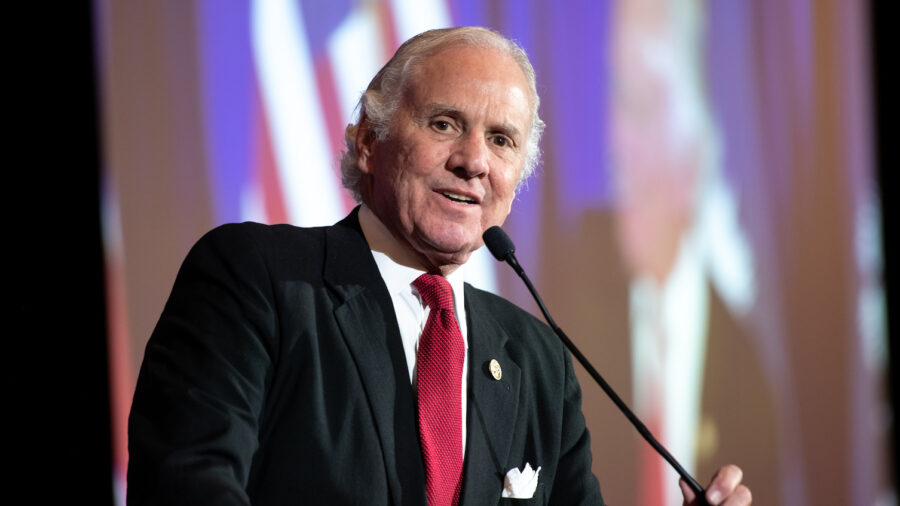South Carolina Gov. Henry McMaster signed the “fetal heartbeat” bill into law on Thursday, a day after the legislation passed the state lower chamber.
“Today, we made history. The Heartbeat Bill is now the law of South Carolina and we will defend it with everything in us because there is nothing more important than protecting the sanctity of life!” McMaster (R) said in a statement on Twitter.
The law, known as the South Carolina Fetal Heartbeat and Protection from Abortion Act, will ban most abortions in the state once a fetal heartbeat is detected, which is usually at around six weeks of pregnancy. The House gave its approval to the bill in a 79–35 vote on Wednesday. The Senate had already passed the bill in late January.
South Carolina joins dozens of states such as Arkansas, Georgia, Kentucky, Louisiana, and Ohio that have passed their own version of the “heartbeat bills” in recent years.
Many of these bills have led to a series of legal challenges in courts. These states are hoping that the lawsuits could be a vehicle to challenge Roe v. Wade, which classifies the right to choose to have an abortion as “fundamental,” in the Supreme Court.
Several courts across the country have already invalidated the “heartbeat bill.”
In June last year, the Supreme Court struck down a Louisiana law that required doctors who perform abortions to have hospital admitting privileges close to where the procedure takes place.
The court said the law was unconstitutional. It found that the Louisiana law was almost identical to a 2016 Texas law that had already been struck down by the same court and that the Texas law placed “a substantial obstacle in the path of women seeking an abortion.”
The South Carolina law requires doctors to try and find a detectable fetal heartbeat before an abortion can occur. If a heartbeat is detected, then an abortion can only take place if the pregnancy was a result of rape, incest, or if the mother’s life is in danger. A doctor who offers to do the procedure in cases of rape and incest is required to report the crime to local law enforcement.
The requirements under the law are subjected to exceptions when a medical emergency exists.
An abortionist who violates the law may be guilty of a felony and can be fined $10,000 and possibly face jail time of up to two years. The bill will not punish a pregnant woman for having an illegal abortion.
In 2017, 5,120 abortions were performed in South Carolina, although not all of the abortions were provided to residents of the state, according to the Guttmacher Institute. Moreover, the abortion rate in the state fell by 17 percent between 2014 and 2017, from 6.4 to 5.3 abortions per 1,000 women of reproductive age.
South Carolina abortions represent o.6 percent of all abortions in the United States.
From The Epoch Times

